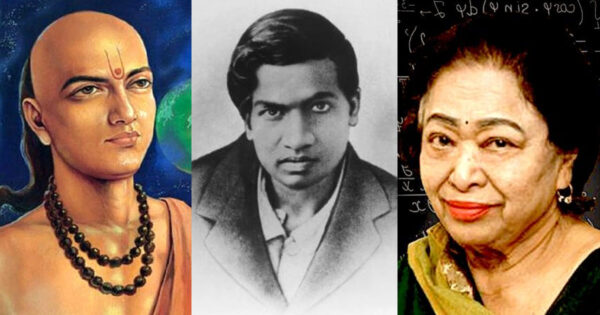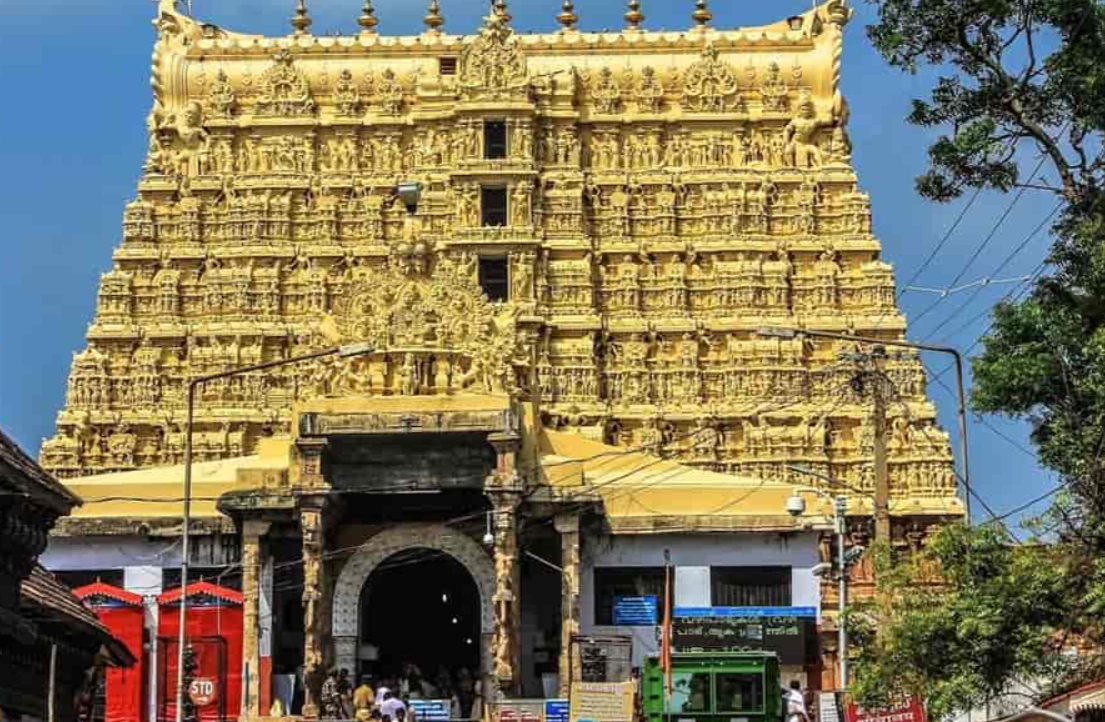We certainly need to celebrate the great minds that have shaped our understanding of the world, especially those mathematicians who have made remarkable contributions to humanity. While the spotlight often shines on global talents, it’s essential to recognize that India has produced some of the greatest mathematicians of all time. Are you familiar with their stories? If not, you’re in the right place! Here, we present a list of the top 10 famous Indian mathematicians whose legacies continue to inspire.
Top 10 Famous Indian Mathematicians
1. Srinivasa Ramanujan
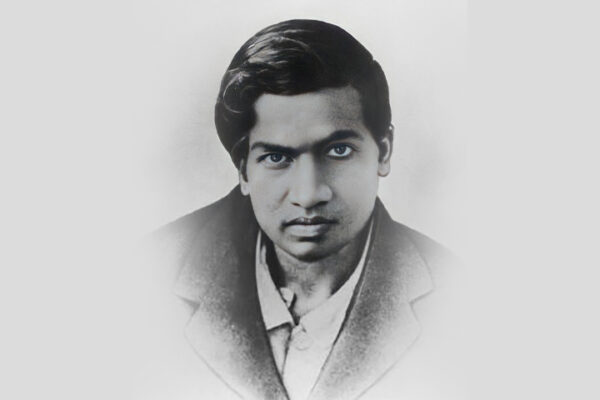
First on our list is the legendary Srinivasa Ramanujan, born in Erode, India, in 1887. Imagine impressing some of the top British mathematicians with just a letter, a feat accomplished by Ramanujan due to his exceptional intellect. Despite lacking formal education in mathematics, he possessed an extraordinary, innate understanding of the subject that still fascinates readers today. After capturing the attention of G.H. Hardy, Ramanujan traveled to Cambridge, where he conducted pioneering work in areas such as continuous fractions, number theory, and infinite series. His innovative ideas laid the groundwork for many modern mathematical concepts and continue to be influential.
2. Aryabhata
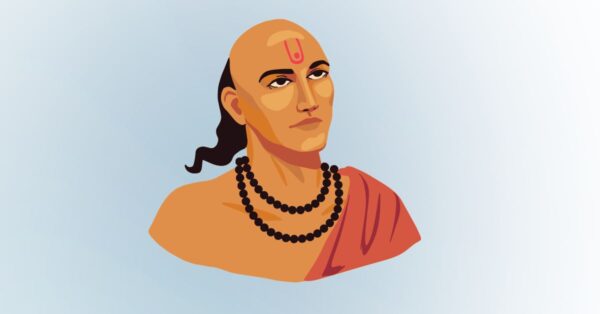
Next, we delve into the brilliance of Aryabhata, who, at the age of 23, authored the foundational text Aryabhatiya in 476 CE. He introduced the world to the concept of zero, an idea that transformed mathematics. Aryabhata also proposed that the Earth rotates on its axis and accurately calculated the duration of the solar year. His contributions to trigonometry, particularly the development of sine tables, were revolutionary and remain significant in the field. Aryabhata’s remarkable achievements from centuries ago are a testament to India’s rich mathematical heritage.
3. Brahmagupta
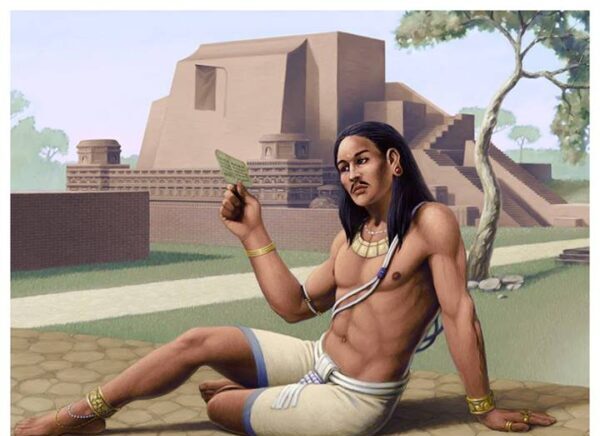
Brahmagupta, born in Rajasthan in 598 CE, made foundational contributions to both astronomy and mathematics. His seminal work, Brahmasphutasiddhanta, introduced groundbreaking concepts, including the use of negative numbers and zero in mathematical operations. Brahmagupta also developed methods for calculating the areas of cyclic quadrilaterals and solving quadratic equations. His astronomical work included predictions of solar and lunar eclipses, demonstrating his extensive knowledge and its influence on students and scholars worldwide.
4. Bhaskara II
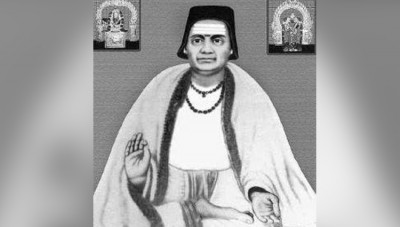
Another legendary figure is Bhaskara II, also known as Bhaskaracharya, born in 1114. In his work Siddhanta Shiromani, he explored various subjects, including astronomy and mathematics, and introduced concepts of calculus centuries before Western mathematicians like Newton and Leibniz. His systematic approaches to solving cubic, quartic, and quadratic equations showcased his advanced understanding of mathematics. Bhaskara’s contributions to the mean value theorem and other calculus concepts reflect the sophistication of his work.
5. P.C. Mahalanobis
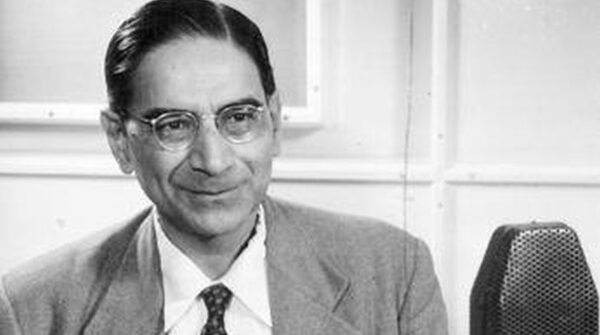
Fast forward to the 20th century, we encounter Prasanta Chandra Mahalanobis, born in 1893 in Kolkata. Often hailed as the father of Indian statistics, Mahalanobis introduced the Mahalanobis distance, a key metric in multivariate analysis. He established the Indian Statistical Institute, which became a globally recognized research center under his leadership. His influence extended to India’s economic planning, particularly through his work with the Planning Commission and the Second Five-Year Plan, marking significant contributions to the country’s development.
6. C.R. Rao

C.R. Rao, born in 1920, further advanced the field of statistics through his extensive work in statistical theory and applications. His contributions, including the Rao-Blackwell theorem and the Cramer-Rao bound, form the backbone of modern statistics. Rao’s work in multivariate analysis has found applications across various fields, including engineering and genetics. His legacy is profound, as he has mentored numerous statisticians who continue to shape the discipline today.
7. Satyendra Nath Bose
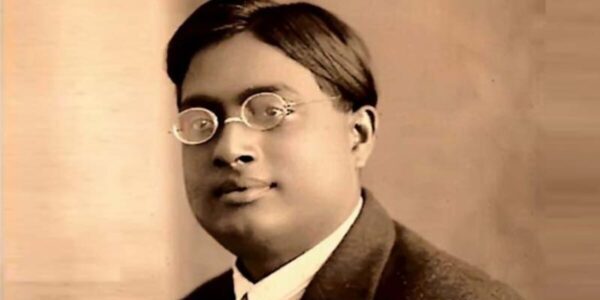
Next, we celebrate Satyendra Nath Bose, born in 1894, who significantly impacted quantum mechanics. Bose collaborated with Albert Einstein to develop Bose-Einstein statistics, transforming our understanding of quantum particles. He predicted the existence of the Bose-Einstein condensate, a novel form of matter, using his statistical approach to Planck’s equation. Despite facing challenges in gaining recognition, Bose’s contributions to theoretical physics earned him various accolades, including the Padma Vibhushan.
8. Shakuntala Devi
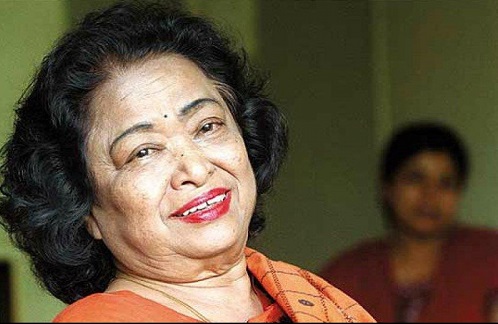
Often referred to as “The Human Computer,” Shakuntala Devi, born in Bangalore in 1929, astounded the world with her extraordinary mental calculation abilities. She set a Guinness World Record by calculating the 23rd root of a 201-digit integer faster than a UNIVAC computer. Devi’s public demonstrations and writings captivated many, inspiring a love for mathematics in people around the globe. Her remarkable talent showcased the limitless potential of human intellect and altered perceptions of mathematics.
9. D.R. Kaprekar

Dattatreya Ramchandra Kaprekar, born in 1905, was an independent mathematician known for his significant contributions to number theory. His most famous discovery, the Kaprekar constant (6174), illustrates a captivating property of numbers. Kaprekar’s explorations into magic squares, self-numbers, and Harshad numbers revealed novel ideas that enriched the field of mathematics. Although not widely recognized in India, his work is respected globally, reflecting the esteem held for this remarkable mind.
10. Narendra Karmarkar

Finally, we turn to Narendra Karmarkar, a contemporary mathematician whose Karmarkar algorithm has sparked an optimization revolution. Born in 1980, this Indian scientist developed a polynomial-time method for linear programming that significantly outperformed the simplex method. Karmarkar’s work has wide-ranging implications across various disciplines, from economics to engineering, and continues to influence mathematical practices today.
Conclusion
These eminent figures represent just a fraction of the incredible contributions made by famous Indian mathematicians throughout history. Their groundbreaking work has earned them respect in the global scientific community, and they continue to inspire new generations of mathematicians and scientists. By celebrating these great minds, we acknowledge the profound impact they have had on mathematics and science, encouraging further advancements and discoveries in the field.

